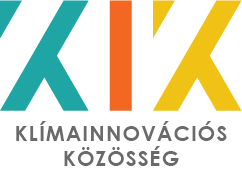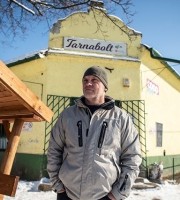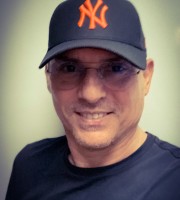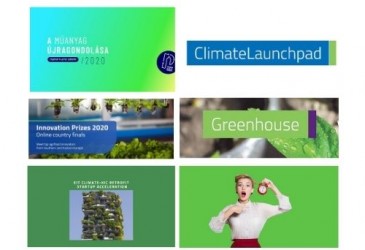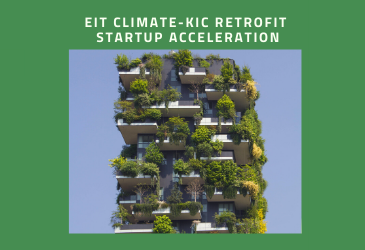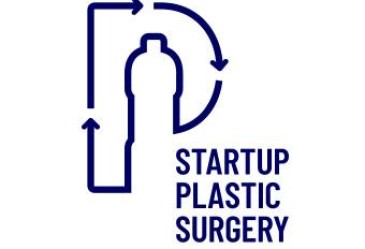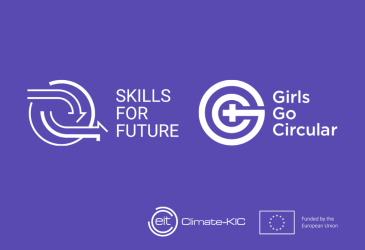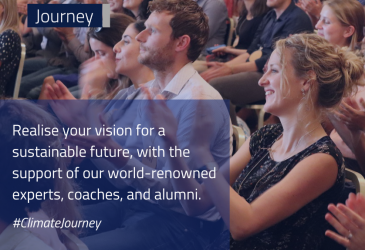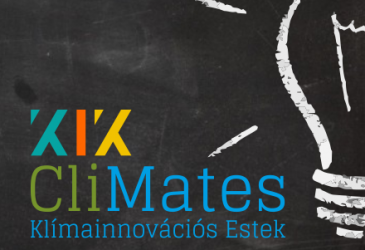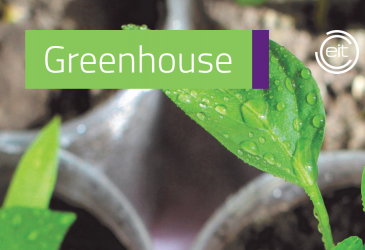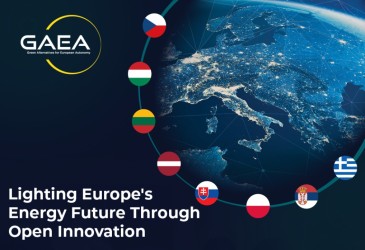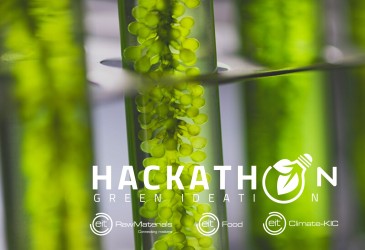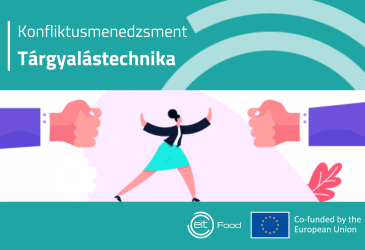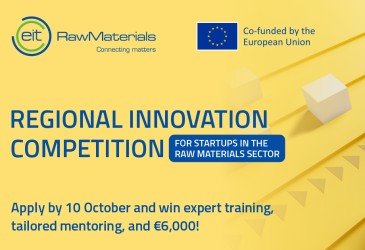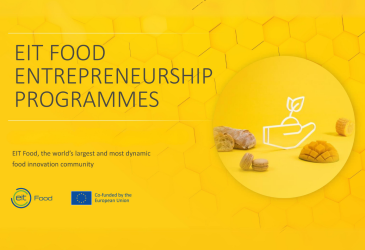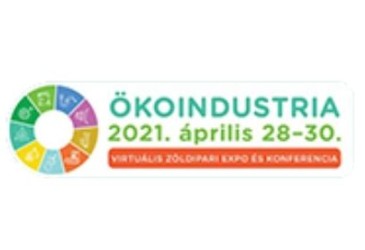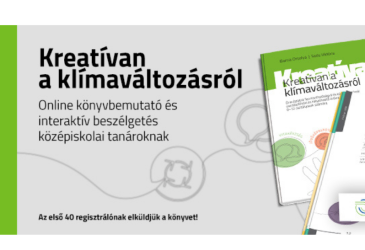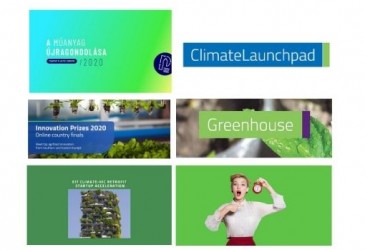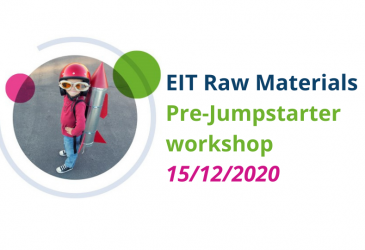
KIC InnoEnergy, the European company for innovation, education and business creation in sustainable energy, and Climate-KIC, the EU’s main climate innovation initiative, are today celebrating the success of three of their projects at the EIT Awards, presented at InnovEIT in Budapest last night.
KIC InnoEnergy Masters School Graduate Govinda Upadhyay won the EIT Change Award for his design of a simple and affordable solar LED lamp, and the EIT Innovators Award went to EOLOS Floating LIDAR Solutions (CEO Rajai Aghabi), a KIC InnoEnergy supported project, for breaking new ground in the field of affordable wind energy.
Climate-KIC startup Nordic Power Converters (co-founder Regnar Paaske) of Denmark won the EIT Venture Award for his imaginative redesign of small, long lasting power converters.
And, in a measure of the value of collaboration between partners of the EIT, following on from his graduation from KIC InnoEnergy’s PhD programme, Govinda Upadhyay’s solar LED Lamp project is benefiting from the Climate-KIC start up Acceleration Programme, turning his innovative idea into a business.
Diego Pavia, CEO at KIC InnoEnergy, says: “We are delighted by the success of our programme and graduates in these Awards. The EIT Awards recognise the best in innovation and each of these projects demonstrates commitment to advancing sustainable growth and competitiveness in the field of sustainable energy.
“I’m delighted that Govinda is now being supported in setting up and growing his business by Climate-KIC. This is a great example of how, by working together, the KIC group can create businesses that can make a real difference in sustainable energy solutions.”
Bertrand van Ee, CEO of Climate-KIC, says: “Indeed it’s all about collaboration: discovering talent and scaling it up.
“I’m very proud to see two of our start-ups win awards today. I see their hunger for success determination and passion for tackling climate change through new technology. Climate-KIC only selects the best and we put all our efforts into developing these innovators to introduce them to markets.”
About the projects
LED Safari
LED Safari has designed an innovative solar lamp which is made up of only five carefully chosen electrical components and which can be self-assembled by anyone. It is the cheapest available solar lamp (2$) which has the potential to replace kerosene lamps (2$/week for fuel). It can be assembled without prior technical knowledge using locally available material and is easy to repair at the village level after a basic training.
We have developed a specific training method combined with a community approach which empowers people with a real understanding of sustainability and the basic knowledge how to build this solar lamp. We work on three pillars: Training, lamp and community.
EOLOS LiDAR
EOLOS LiDAR buoy can take wind measurements from sea surface up to 200 meters with a precision similar to a met mast, but only for the 10% of its cost. Additionally, the buoy measures wave and current data, which up to now had been done by a smaller buoy.
EOLOS LiDAR buoy offers a low cost, accurate and reliable offshore wind data source, allowing the performance of measurements at heights over 200m above sea level, and at much lower costs (up to 10 times less) than conventional bottom-fixed offshore met masts. Moreover, it offers positional flexibility and can be reused in other areas within a wind farm site (or on other sites), potentially reducing the uncertainties of wind speed measurement.
Nordic Power Converters
Nordic Power Converters’ patent pending power conversion technology solves several problems in products like LED lighting and chargers.
The incumbent technology has not changed materially for many years. Our power converters enable strong benefits for our customers and the end-users:
- 80% reduced size and weight
- 50% reduced cost
- Highly increased lifespan/reliability
- 100 times faster transient response
- Greener footprint in several aspects
While the company is a new university spin-out, the idea, the team behind it and the business relations has been developed for more than two years following a technological breakthrough in January 2012.
For more information on the winning projects please visit www.climate-kic.org
